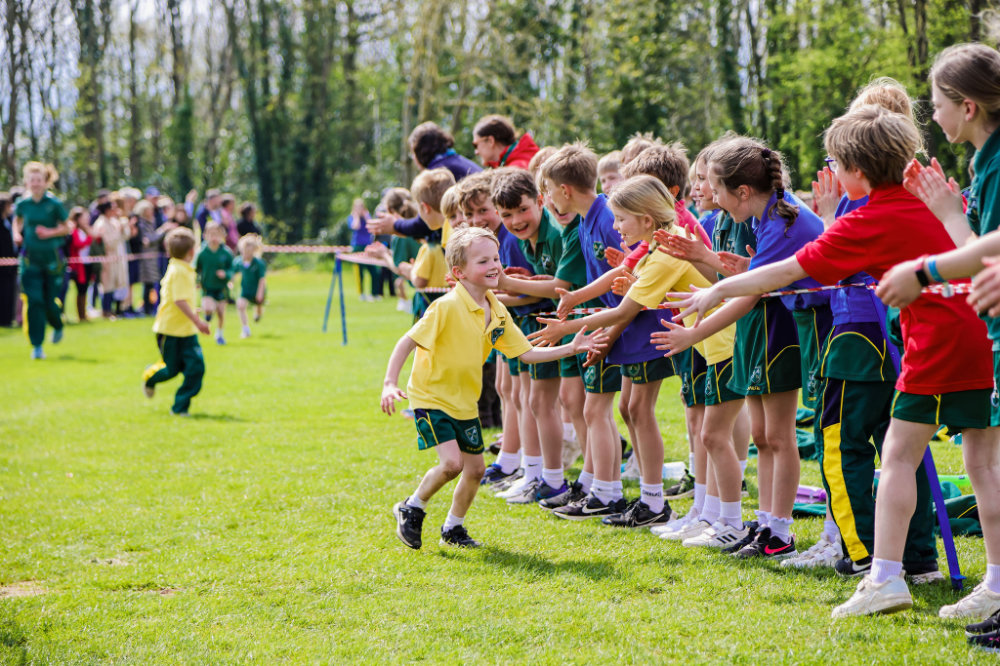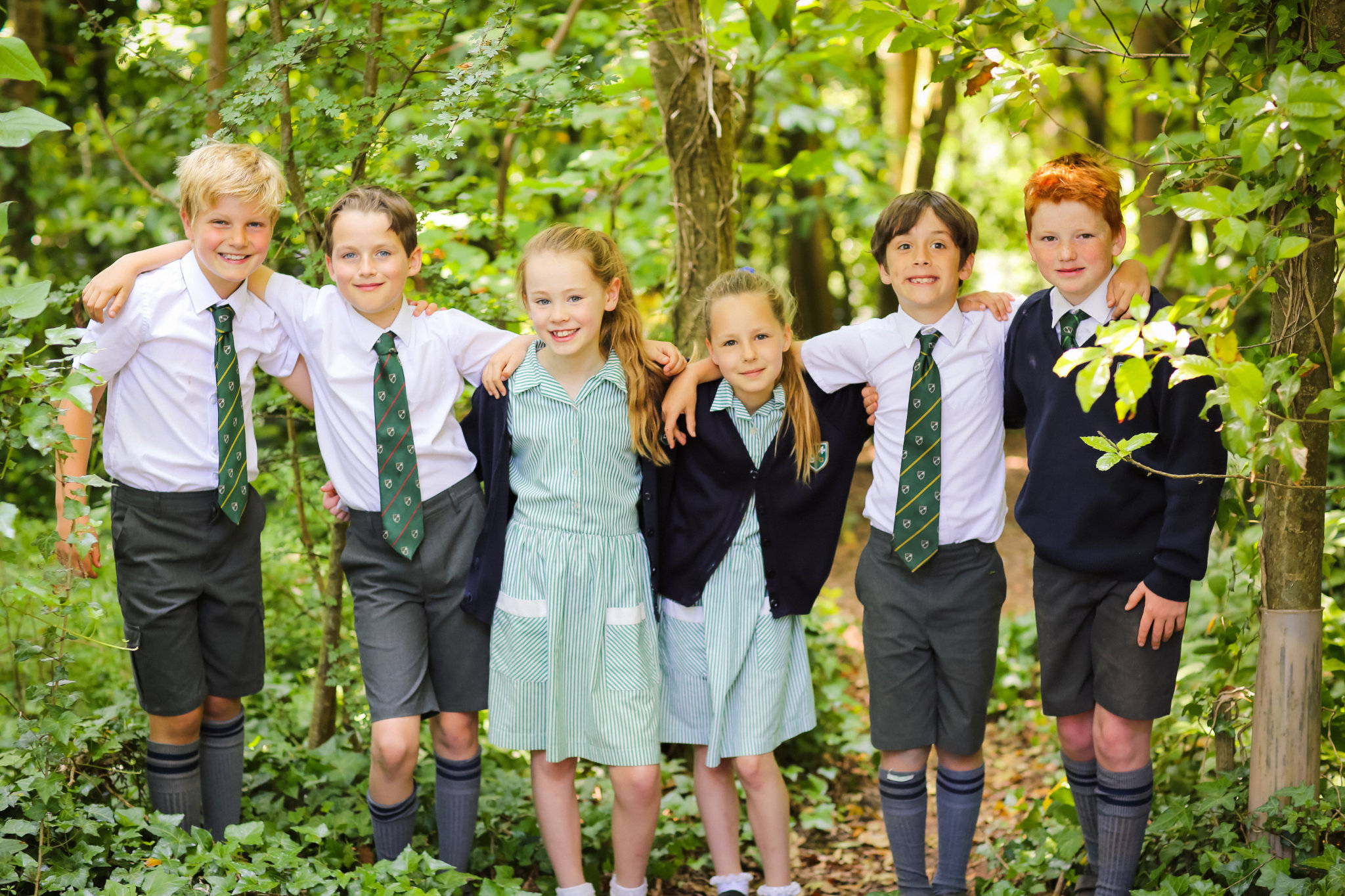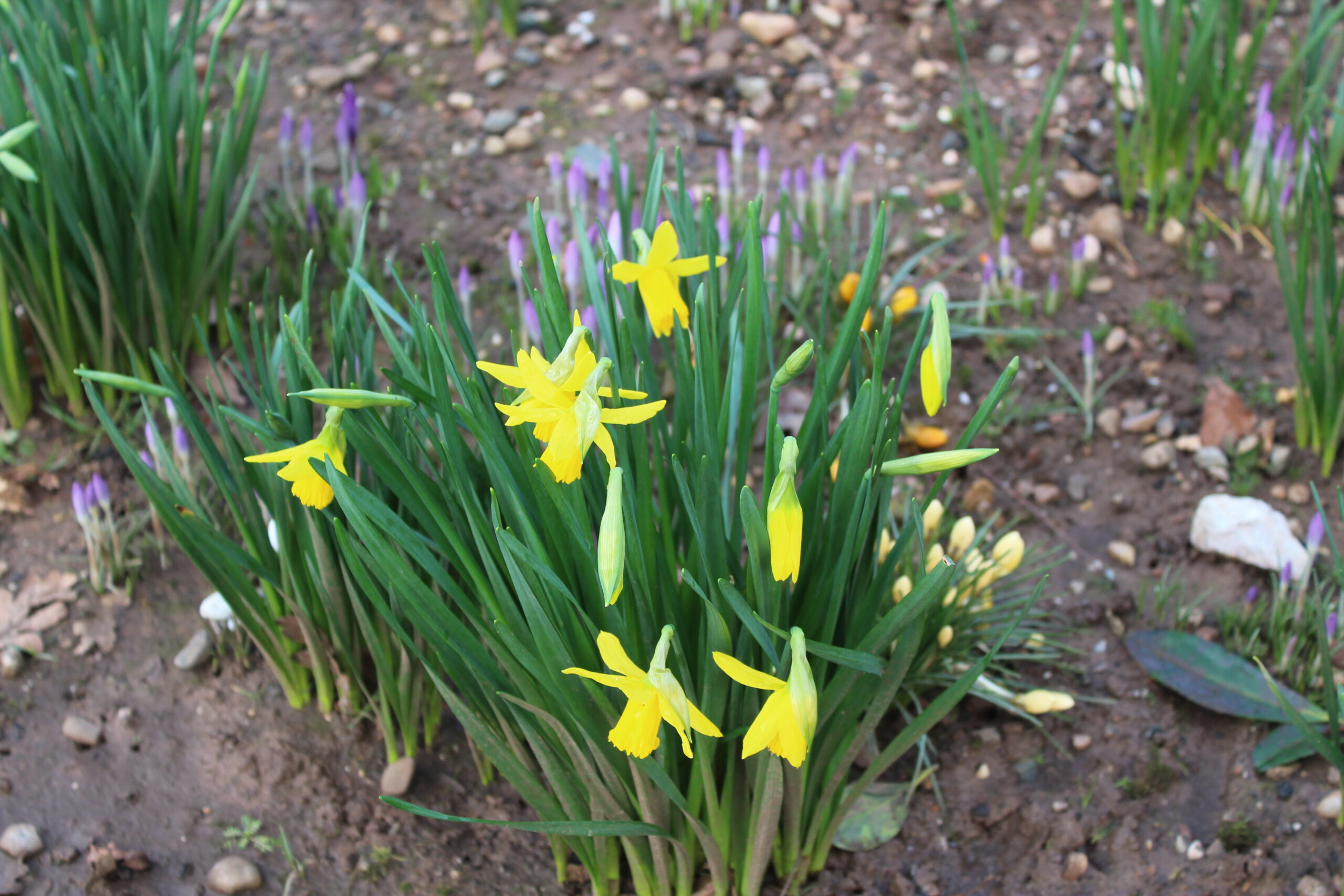If you’re a parent, you’ve probably heard the term ‘pastoral care’ being used in various aspects around pupil wellbeing. Here at our private school in Devon, we’ve always put the physical and emotional health of our children at the heart of our learning.
Pastoral care has become something of a catch-all phrase over the last few years. We explain in a bit more detail what it means, why it’s important, and how we handle pastoral care at St Peter’s Prep.
What Does Pastoral Care Mean?
Pastoral care is a term used to describe all provisions a school makes towards the health, safety and wellbeing of its students.
What pastoral care means in practice can vary widely between different schools and particularly across age groups – pastoral care for primary school children will differ from that for secondary school children as their needs evolve. This explains why the term is so broad in its meaning.
Essentially, any part of school life that is there to help children with their emotional and physical wellbeing or safety will come under the term pastoral care.

Examples of Pastoral Care in Schools
Most schools will have a pastoral school programme designed to ensure children’s needs are met as they learn and develop at the school. This pastoral programme can involve all manner of things, from teacher training to specific lessons and one-to-one sessions for children.
As mentioned, pastoral care in practice will vary for children at different ages. Below isn’t an exhaustive list but it highlights some core pastoral practices you’ll see for most ages and at most schools.
Safeguarding, Welfare and Protection
All safeguarding measures that schools take fall under pastoral care. Much of this is a legal requirement for schools and can include things such as first-aid training and facility security.
Health and Wellbeing Lessons
Giving students the tools to look after their and others’ wellbeing is now a core part of the school curriculum. Subjects such as Personal, Social, Health and Economic Education (PSHE) and Relationships and Sex Education (RSE), amongst others, help to teach children important life skills that will keep them safe outside of the classroom.
Future Planning Discussions
Many of us will remember discussions with teachers or professionals about the next steps in our lives, and this all comes under pastoral care.
Whether it’s children deciding what GCSEs to take or older students thinking about career options, having these important discussions can help remove some of the anxiety around big life changes and gives students the confidence to go after opportunities.

One-to-One Support
Offering further personal support is a big part of pastoral care. What this means in practice can vary depending on student needs but it can include anything from scheduled meetings to teachers being trained to spot when certain students may require more support, whatever form that may take.
The Benefits of Pastoral Care
The link between good health and good school outcomes has been well-documented, with an increasing understanding of the importance of both physical and mental health to academic performance.
Pastoral care sits alongside academic learning to ensure that students feel happy and confident both inside and outside of the classroom. If pastoral care is successful, students won’t just perform better in their studies but will be more rounded, healthy people.
As a result, more schools are putting pastoral care at the forefront of all their operations.

Pastoral Care at St Peter’s Prep
Children’s wellbeing has always been our top priority at St Peter’s Prep. We have a dedicated pastoral care practitioner leading our programme across the school in conjunction with our heads of pre-prep, lower school and upper school, to ensure we can meet the needs of every child.
Our trained tutors work as a point of contact between parents and the school, monitoring the social, intellectual and emotional progress of children and providing feedback where necessary to ensure their needs are being met. Our curriculum also makes space for lessons and activities designed to ensure children develop emotionally as well as academically.
If you would like to learn more about our pastoral care programme or have any other questions about life at St Peter’s Prep, feel free to contact our team for more information.








